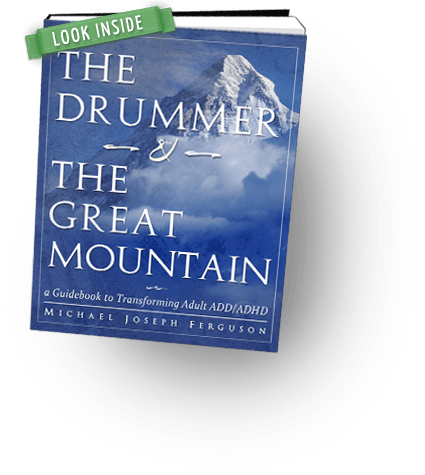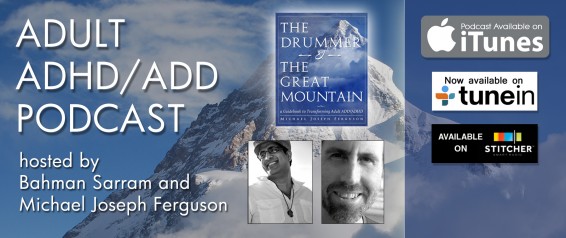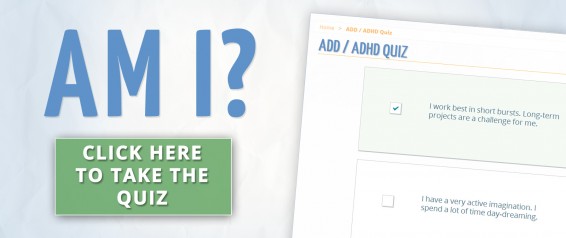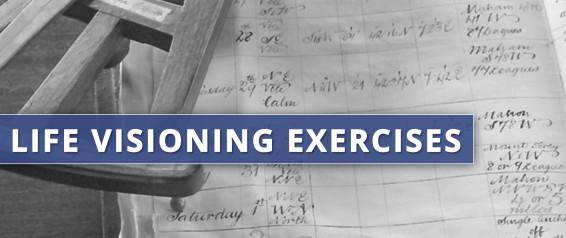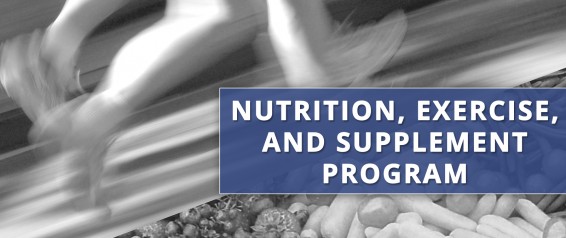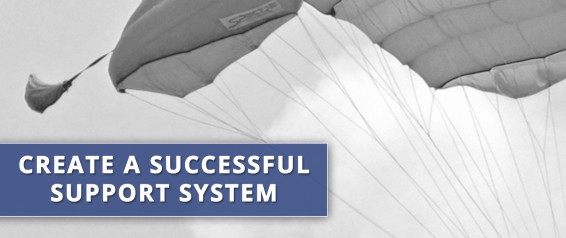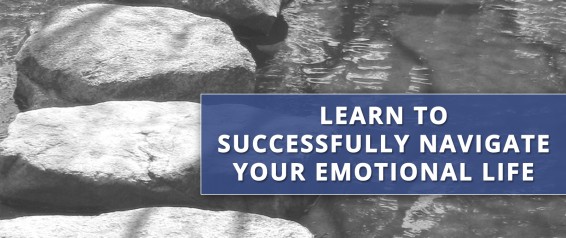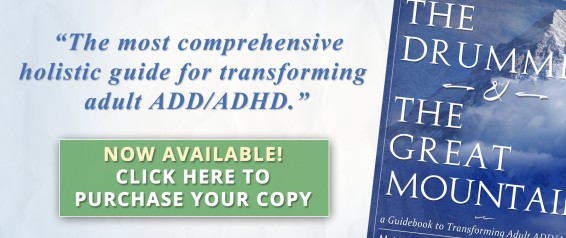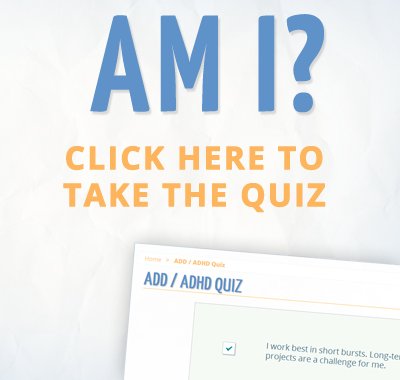[Note: This book excerpt refers to people with ADD / ADHD as “hunter-types,” based on Thom Hartmann’s “hunter-farmer theory.” For more information, please reference the article, “What is a Hunter-type?”]
Hunter-types are not deficient in attention or focus (as the term Attention Deficit Disorder suggests). In truth, we are capable of immense focus and concentration.
Our challenges with mental focus usually manifest in three specific areas:
1. Being able to focus on mundane tasks and/or subjects we don’t find very stimulating
2. Problems with focus (and overwhelm) when we’re feeling mentally “fuzzy” — usually brought on by low ebbs in our dopamine levels
3. Sustaining focus for longer periods of time
Here are a few tips that can improve your overall ability to focus.
1. Exercise
Regular exercise is absolutely essential for us hunter-types. For the last few years, I’ve tracked my energy and focus levels on a daily basis. Across the board, the day or two after exercising for at least a half an hour, my focus and productivity levels noticeably increased. And this result was consistent and predictable.
If you find yourself feeling overwhelmed or mentally fuzzy, ask yourself, “when was the last time I exercised?” Reference the “Exercise, Diet, and Supplements” chapter for numerous tips on creating an enjoyable and sustainable exercise routine.
2. Healthy diet and targeted supplements
The second question you should ask yourself when in the grips of a brain fuzz, “what have I been eating lately?”
If you’re not putting good fuel into your body, you’ll most likely be feeling the effects. Remember, hunter-types are often more sensitive to dietary choices than the rest of the population. Here again, revisit the “Exercise, Diet, and Supplements” chapter for specific tips.
3. Take regular breaks
Whenever you’re doing “focus” work, at least once every hour or so, stop. Take a break, get outside, breathe in some fresh air, and stretch. This sounds deceptively simple, but it can have a profound influence on your ability to sustain focus. This is because:
1. You are getting more oxygen to your brain
2. You are in motion (always helpful for us hunter-types)
3. You are giving your mind a chance to “stretch out” — which many times, allows for insights on problems you may be working on
4. Movement
Continuing on from the previous point, anytime you’re in movement — walking, jogging, driving a car, riding on a train — it can help bring focus. We hunter-types seem to be wired for this. Identify those activities that bring you the most clarity, and utilize them consciously.
Perhaps, after getting a work assignment, the best possible action you could take is, go for a drive. If that really works for you, don’t force yourself to stay at your desk because that’s what “you should be doing.” Note what activities best clear your head, and provide you perspective on problems, then utilize them.
5. Eliminate distractions in your environment when you need to focus
Hunter-types have an inborn tendency to “scan the environment”, which would have served us well when we were hunter-gatherers, but in our modern world, this can be quite frustrating. If the TV is on, or you’re surrounded by lots of movement and noise, there’s a good chance it will be difficult to focus on the task at hand. Before you start working, see what you can do to eliminate as much stimuli as possible. Noise canceling headphones can be especially helpful in shutting out a particularly loud environment.
Eliminating visual distractions is equally as important.
6. Shift up your work environment
If your job allows you to be more mobile with your work activities, consider bringing your laptop or paperwork to a quiet coffee shop or library. Experiment a bit to see which work environments are most conducive to focusing on specific tasks.
7. Listen to loud percussive music
This may sound completely counter to the last point, but studies have shown that listening to loud percussive music stimulates the prefrontal lobe, and cues a dopamine release in the brain.
I’ve tested this out while writing this book, and I can testify to its effectiveness. Whenever I would start to feel “fuzzy”, I’d take a break, put on my headphones, and pop on some tunes. I found, within a couple of minutes, I was thinking clearer and could start writing again.
8. Practice breathing deeply
Oxygen assists concentration. Most of us are used to taking shallow breaths. As a result, our brains can become oxygen-deprived — resulting in less-than-optimal mental functioning. When you remember to take deeper breaths, not only are you bringing in more oxygen to your brain, you are also releasing tension in your body.
9. Drink lots of water
Just like plants, we need sunlight, air, and water, in order to function properly. If a plant is deprived of any of these three, it will die.
A good practice is, keep clean water with you at all times. Ideally, pick up a stainless steel water bottle and keep it filled with filtered water throughout the day.
Avoid tap water. Tap water usually tastes pretty bad and is often loaded with chlorine and other chemicals. If you’re not use to drinking water throughout the day, you may get a little annoyed with having to go to the bathroom more often. Think of it this way, us hunter-types need movement, and your bladder is just reminding you to take breaks and move your body.
10. Meditate once a day
There are countless benefits to a regular meditation practice, including increasing your ability to focus. I highly recommend making meditation a part of your daily routine. In the “Spirituality” chapter, I’ve laid out a few meditation practices to experiment with.
11. Get out into nature at least once a week
Being in nature, away from the man-made modern world, can assist in temporarily shutting off the judgmental part of our brain that tends to place labels on everything it sees — typically boiling everything down to either “good” or “bad.” This mental process can create tension in our body. Tension often makes it harder to focus. And, it definitely affects our physical health.
Find a location you really enjoy going to. If you live in the city, is there a lake nearby? Can you drive out to the beach? Is there a hike that you particular enjoy? If you can’t get out of the city, find a nearby park. Ideally, find a place that doesn’t have a lot of man-made sights and sounds, so that the dominant energy is that of nature.
Also, consider integrating your meditation and exercise practices with your excursions into nature.
[This is an excerpt from Chapter 11 of The Drummer & The Great Mountain – A Guidebook to Transforming Adult ADD / ADHD.]
